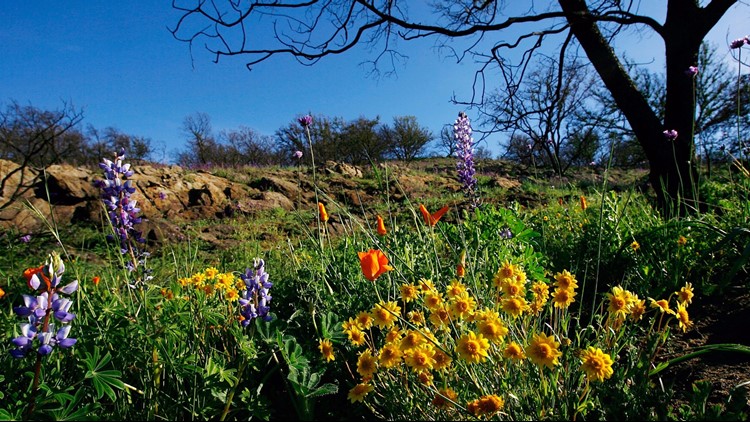Cheerios gave away 1.5 billion wildflower seeds to aid ailing bee populations this month, the brand said, depleting its supply and smashing its goal of 100 million donated seeds.
But unwanted buzz abounds: The packets Cheerios sent out included seeds for plants deemed invasive in some states and outright banned in others. As Llifehacker noted, the seeds include those for forget-me-nots, banned as a noxious weed in both Connecticut and Massachusetts, as well as for the California poppy, listed as an "invasive exotic pest plant" in the southeast. Many of the seeds aren't native to any part of the United States, the site reported.
Bees play a critical role in our food supply. They're also dying globally at an alarming rate, prompting Honey Nut Cheerios' #BringBacktheBees campaign inspired by its bee mascot, Buzz.
Kathryn Turner, an ecologist specializing in invasive plants, told Lifehacker that "many species can and have caused a great deal of damage when they are introduced into locations outside of their native range."
"Invasive species can out-compete the natives they encounter," Turner said to the site, "they can take up all the space and use up all the resources, they can spread disease, and cause other physical changes to their new homes, all of which can have detrimental effects on native species, and on humans."
As complaints of the seed packets' contents hit Cheerios' Facebook page this weekend, the cereal brand responded with a statement pushing back at talk of invasive varieties.
"The seed varieties in the mix are not considered invasive," Cheerios said, adding that the "flower varieties within the Bee Friendlier Mix were selected for their flowers which produce nectar and pollen that are attractive to bees and other pollinators."
It's possible that seeds Cheerios sent to an incompatible region could go into the ground and spark an invasion (or add to a pre-existing one), but they're not the brand's only effort at saving bees. Honey Nut Cheerios plans to plant more than 3,000 acres of bee habitat on oat farms by 2020, General Mills announced.
Several species of bees have experienced dramatic declines in recent decades, with a bumblebee becoming endangered this year for the first time. The declines are believed to come from a variety of factors, including habitat loss and small populations.
If you're unsure about your pack of Cheerios seeds or missed out on the giveaway entirely, take the brand's advice and "buy wildflower seeds at your local store" so an expert can assist you with picking safe seeds to plant.
HEY CHICAGO! 👋 Happy #firstdayofspring! Come find us at Pioneer Square + get a free flower today! #bringbackthebees pic.twitter.com/wHQQ7OhrdF
— Cheerios (@cheerios) March 20, 2017



